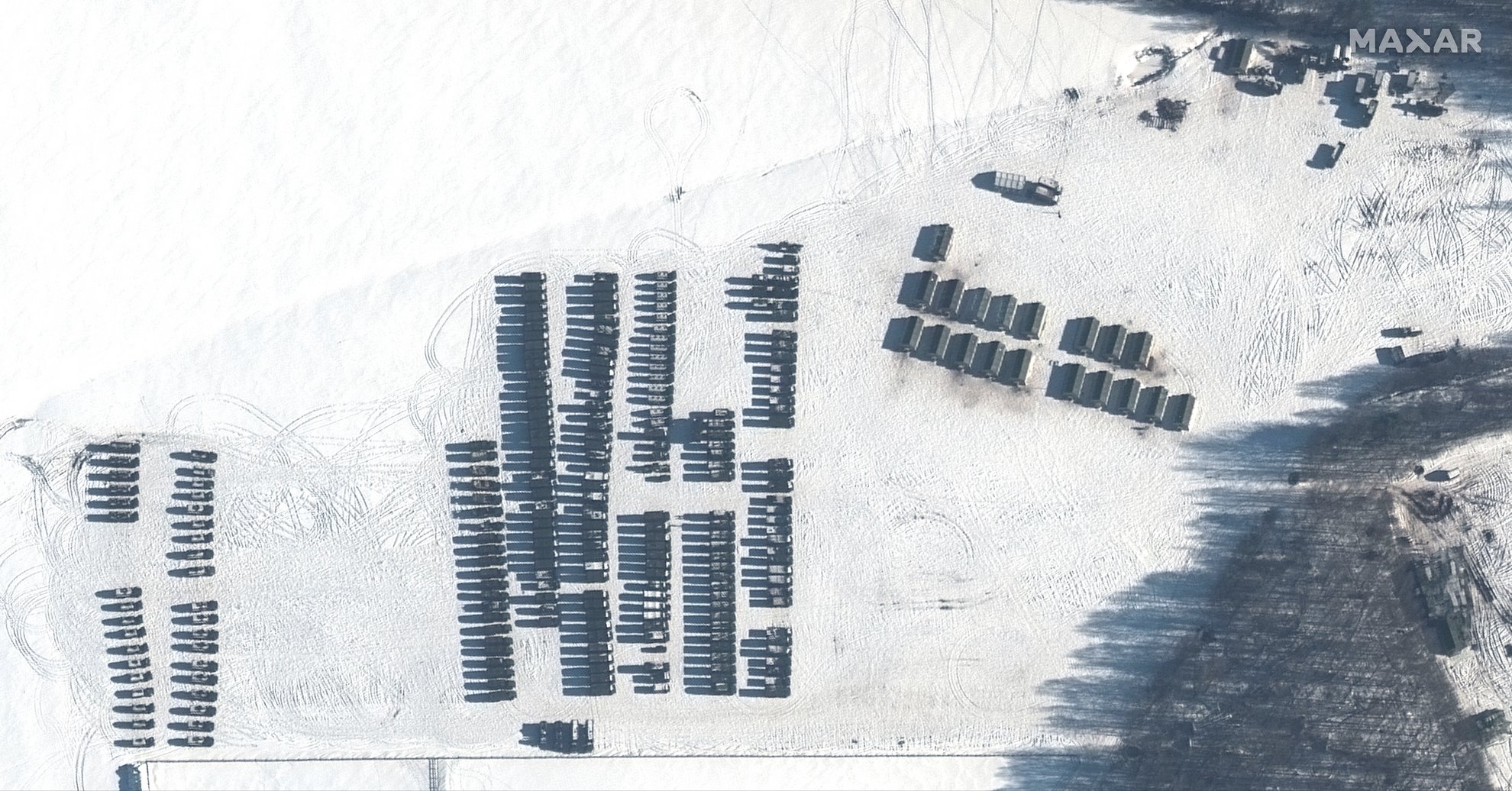NATO is looking to increase its military presence in the Baltic states and Poland in case Russia keeps its troops in Belarus after a planned military exercise, the head of the alliance’s military committee said on Monday.
Russia has 30,000 troops in Ukraine’s northern neighbour for joint military exercises this month, NATO said, bringing the total Russian military deployment at Ukraine’s borders to more than 100,000.
The United States sent 3,000 troops to Romania and Poland last week to reassure the allies, while Germany said it was considering a boost to its existing military deployment in Lithuania.
Further deployments from NATO allies were possible, said Rob Bauer, a Dutch admiral who heads NATO’s top strategy body.
“Where do we have troops in the alliance continuously, in the different nations – the debate about that is the result of things that are ongoing now. Yes, we are looking at it. There might be changes in the future as a result of these developments”, Bauer told a news conference in Vilnius.
“It very much depends, of course, on whether the Russian troops in Belarus remain in Belarus,” he added.
Moscow has said it is not planning an invasion of Ukraine but could take unspecified military action if its security demands are not met, including a promise that NATO will never admit Kyiv, a demand the United States and the 30-nation Western security alliance have called unacceptable.
“If you look at the buildup of the forces, Russia could be able to actually have sufficient forces for a serious invasion … by the end of this month,” said Bauer. “Whether they do that, whether they have the true intention or not, we don’t know.”
The most recent deployments at the Belarus border included field hospitals and other auxiliary units needed to support a military assault, Bauer said.
“If you’re really considering an invasion, you actually need more than the fighting forces. And that is something we also see more and more gathered along both the borders with Ukraine and Belarus with Ukraine. That in itself is very concerning”, he said.







Click here to change your cookie preferences